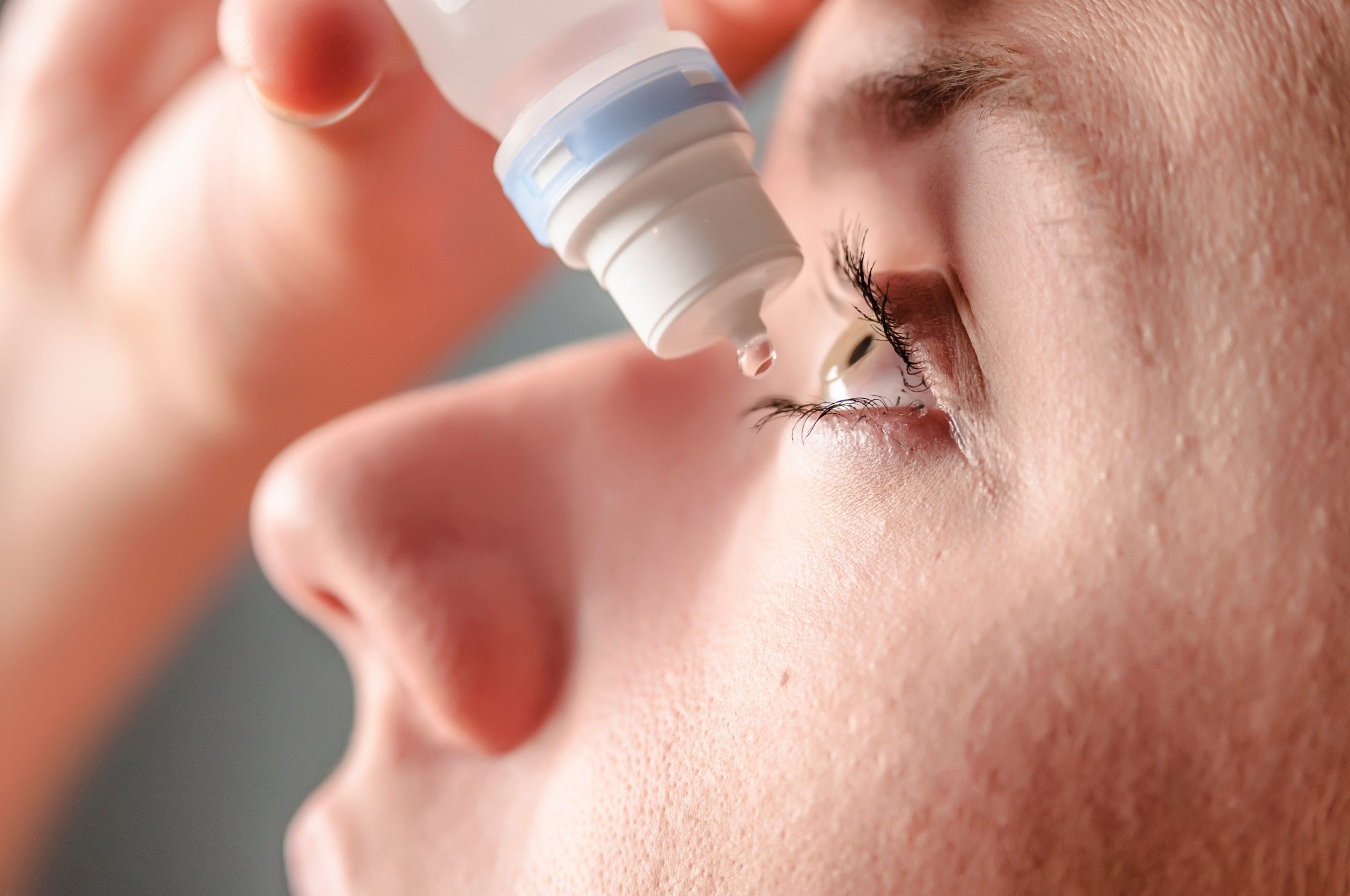
When parents talk to their toddlers, they are not only teaching them words, but may be shaping their developing brains, too, a new study suggests. Researchers found that toddlers whose parents spent a lot of time talking to them day to day showed a particular brain characteristic: a greater concentration of myelin in language-related parts… read on > read on >






























